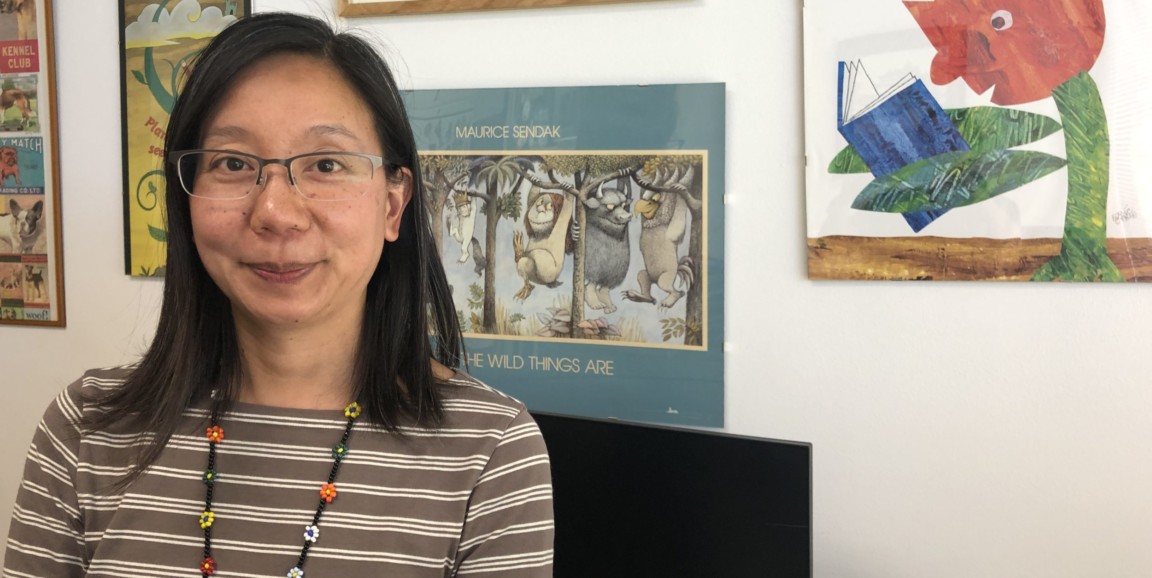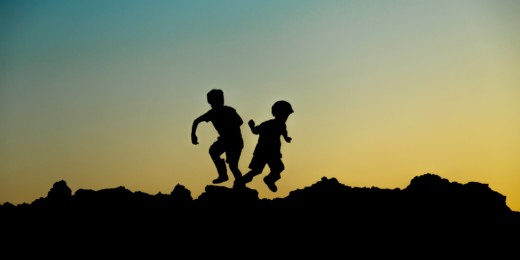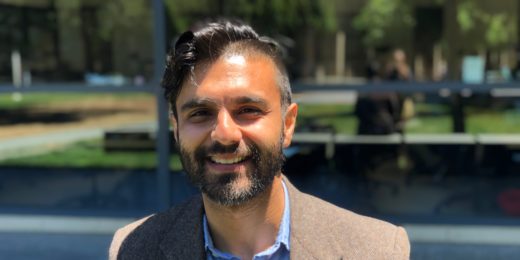Irene Loe, MD, has always been curious about how children develop the ability to learn, focus and manage their behavior.
As a developmental-behavioral pediatrician at Stanford Children's Health, Loe spends half of her time evaluating young children at risk for developmental delays and conditions such as attention deficit hyperactivity disorder, autism and cerebral palsy.
The rest of her time is devoted to research. She has embarked on a five-year effort, with pediatric surgeon Claudia Mueller, MD/PhD, to teach parents in one of San Francisco's underserved neighborhoods about the power of a positive mindset for children and how to cultivate it.
I caught up with her to learn more.
What was your childhood like?
I grew up in Missouri in a small town south of St. Louis. My parents were immigrants from Indonesia and placed a big emphasis on education. I honestly don't remember them reading to me, but I remember when I learned to read myself, just being lost in a world of books. At the time, our little county didn't have a public library, so my parents actually paid for a library membership in a neighboring county.
How did you decide on your specialty?
I was drawn to pediatrics because in some ways, I'm kind of a kid at heart. I had a huge children's book collection well before I had my daughter.
What I love about developmental-behavioral pediatrics is that it looks at the family as a system, including a lot of the environmental factors and social determinants that might be impacting families.
What is growth mindset and how did you become interested in it?
Growth mindset is the idea that your intelligence or abilities are malleable and can be grown through effort -- that they are not fixed traits. Carol Dweck, PhD, and Dr. Mueller wrote one of the classic growth mindset papers, showing that praising a child for their intelligence can actually be detrimental to their achievement; if the child then makes a mistake, they feel disappointed in themselves, or feel afraid to take on a new challenge.
When you tell parents that rather than telling kids that they're smart, it might be better to praise or emphasize their effort, that might be a little bit counterintuitive. What's wrong with telling your child she is smart?
Growth mindset is linked to better academic achievement and task persistence. Newer data suggest it may also be associated with better health. I heard a talk by Dr. Mueller on growth mindset in relation to health. She found that children with Type 1 diabetes who adopted growth mindsets had lower blood glucose levels than children who believed their health couldn't change or was governed purely by genetics.
I had also seen from the literature that there was a lot of focus on teens and young adults, but not as much had been done with children. We wanted to see if we could work with parents to figure out how we could promote growth mindset in younger children.
What have you observed so far in your research?
We had a group of parents who were immigrants mostly from Mexico and Central America. They hadn't really heard the terminology "growth mindset," but they were very quick to apply it to the American Dream immigrant experience -- that if you come to the United States and you're willing to work hard, then anything can be possible.
The teachers described some really thoughtful things that they were doing. One teacher gave me an example where a child was working through a problem at the board and realized he had made a mistake. It's kind of scary for kids -- especially if they're shy -- and they're up there and all of a sudden they realize they've done it incorrectly. The teacher used it as an opportunity and said, "Wait, wait, wait. Something really important has just happened here. He just grew his brain."
I was very impressed, because she took this potentially really volatile, fragile moment, and turned it on its head.
Who are some of your favorite children's authors?
I really love Ruth Krauss, who wrote A Hole Is to Dig and Open House for Butterflies, both illustrated by Maurice Sendak, an amazing author and illustrator himself.
Photo by Daphne Sashin






